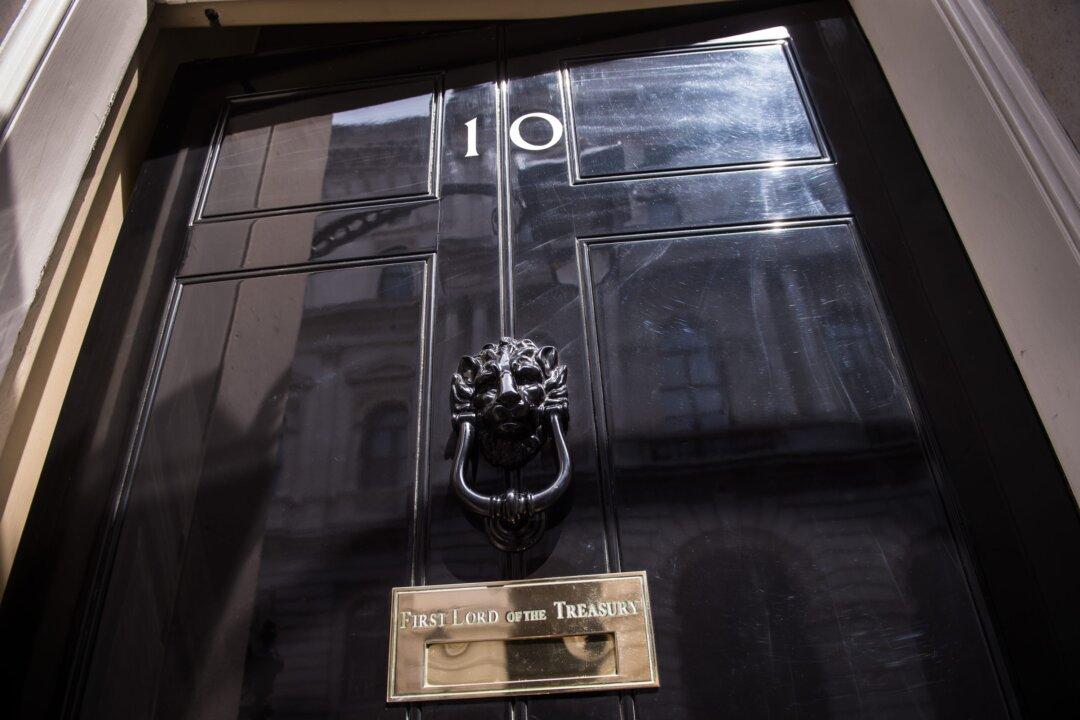Commentary
The UK is one of the United States’ closest allies and one of our toughest when it comes to standing strong against dictatorships in Russia and China. Three years ago, the UK Parliament called repression against the Uyghurs in China’s Xinjiang region “genocide.“ The British government at the time called it ”industrial-scale” human rights abuse.





